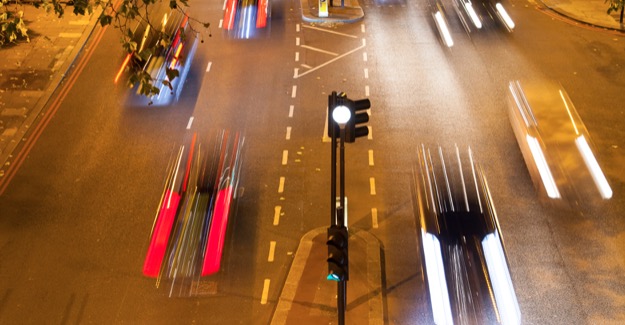This report (published May 2015) has been updated to include 2014 casualty data and readers should refer to that version: http://www.racfoundation.org/research/safety/road-safety-since-2010-final-report-september-2015. The authors have also made minor corrections and clarifications.
The progress made in cutting death and injury on the roads has varied dramatically across the UK over the past five years
While the general trend has been downwards this has masked big national and regional variations.
Compared with the 2005-9 average (the government’s baseline for monitoring progress) by 2013 there had been the following reductions in the number of people killed or seriously injured:
- London -36%
- Northern Ireland -35%
- Scotland -33%
- UK AVERAGE -23%
- England (excluding London) -19%
- Wales -15%
While highlighting the dramatic differences between areas, the figures hide a flattening out of the overall downward trend with the most dramatic casualty reduction in this period seen in 2010.
While car occupant safety has improved markedly, the situation amongst vulnerable road users (pedestrians, cyclists, motorcyclists) has been less good. Although deaths in this group have declined they are now a larger proportion of all road deaths, rising from 46% in 2005-9 to 49% in 2013. The absolute number of cyclists seriously injured has risen.
The figures are revealed in an interim report Road Safety Since 2010 published by the RAC Foundation and PACTS, and compiled by PACTS and Road Safety Analysis. The final report will be published in the summer after the 2014 casualty data has been released.
Researchers based their work on official casualty data, as well as surveys and interviews with stakeholders including 34 English local authorities.
The report shows just how varied road safety policy has become across the UK since 2010:
- Northern Ireland: Road safety is a fully devolved matter. The Road Safety Strategy to 2020 contains 222 actions and aims for NI’s roads to “be as safe for all road users as anywhere in the world”.
- Scotland: road safety is not fully devolved but Holyrood has powers to set national speed limits and the drink drive limit (this was reduced from 80mg/100ml to 50mg/100ml in December 2014)
- Wales. Very few road safety powers devolved to Cardiff Bay, but funding comes from the Welsh Government
- London. Road safety is a priority for the Greater London Authority and the capital has call on significant funds



